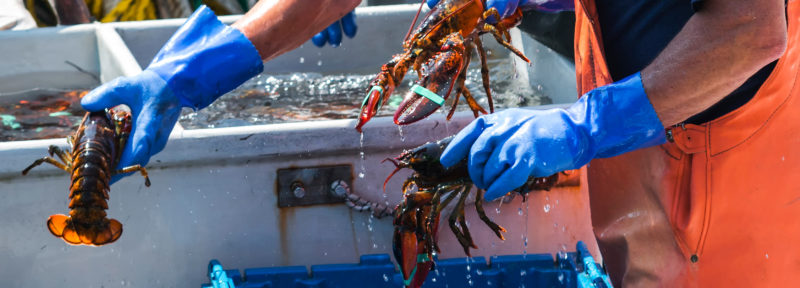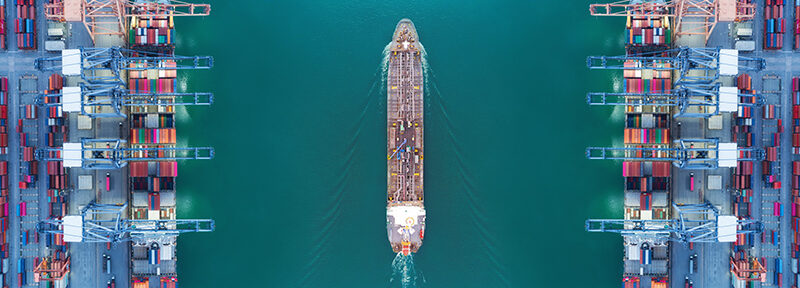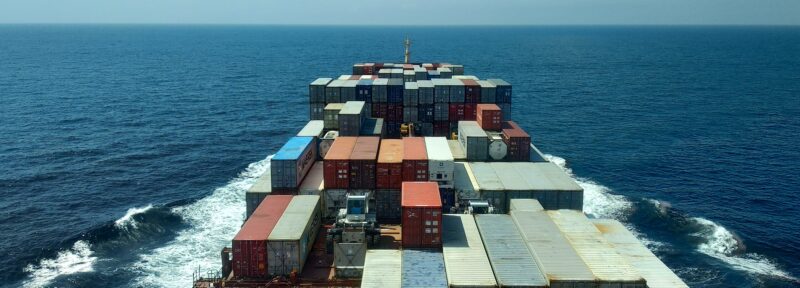Fishing for Climate Solutions: New Study Will Examine How Nova Scotia’s Lobster Vessels Can Achieve Net-zero Emissions
HALIFAX—Today, Oceans North and Net Zero Atlantic announced the launch of a new study that will look at how lobster vessels in Nova Scotia can reduce carbon emissions.
Countries around the world—including Canada—have pledged to reach net-zero emissions by 2050 in order to avert the worst impacts of climate change. That means every industry from steelmaking to fishing must chart a course away from fossil fuels and towards new solutions and technologies. It will be a challenge, but the transition also represents opportunities.
The lobster fishery is a major economic driver in Atlantic Canada, and zero-emissions technology can help keep it that way. As the world moves away from fossil fuels, acting now will ensure that Canada’s fisheries remain profitable and competitive and help position our boat-building industry as a leader in the emissions-free technologies of the future.
Acting on climate change is also key to maintaining healthy fisheries. Recent research has shown the major impacts that climate change has had and will continue to have on the productive waters of Atlantic Canada. While some lobster fishers have benefited so far from warming waters, there is a limit to how much heat and acidity lobsters can take before they move elsewhere or their condition worsens.
The report is being written by Allswater, a leading marine engineering firm with offices in Halifax and St. John’s. The study will:
• Examine the current emissions profile of the inshore lobster fleet;
• Assess alternative technologies and fuels that have the greatest potential to support the transition towards net-zero emissions by 2050;
• Look at regulations, policies and financial incentives needed to support the transition; and
• Explore potential economic benefits associated with building a modern zero-emission lobster fleet in Atlantic Canada and marketing low-carbon seafood.
A project management committee is overseeing the study to ensure that perspectives from the fishing industry, technology developers and boat builders are all considered. Representatives from Redrock Power Systems, the Nova Scotia Boat Builders Association and Membertou Fisheries will all review the report, which is expected to be published in Fall 2022.
Quotes:
“The ocean and climate are deeply connected—we can’t conserve our waters without also working to reduce emissions. Oceans North is excited to support research that will help move net-zero solutions forward for an industry that is so important to coastal livelihoods in Atlantic Canada.”
Brent Dancey, Director of Marine Climate Action, Oceans North
“As we work to achieve net-zero emissions, all sectors must explore ways to reduce carbon emissions. Therefore, even more traditional industries, like Canada’s fishing industry, will need to identify and adopt new working practices. A study like this can offer important information about steps lobster fishers can take as they strive toward net-zero emissions.”
Alisdair McLean, Executive Director, Net Zero Atlantic
“Decarbonization and vessel electrification have now become key components of Allswater’s marine design and engineering efforts. We are pleased to lead a diverse and strong team for this project which has the end-goal of contributing to marine environmental sustainability.”
Rob Crutcher, President, Allswater
For more information or to arrange an interview, please contact:
Alex Tesar
Communications Specialist, Oceans North
[email protected]
Janessa Ferguson
Communications Coordinator, Net Zero Atlantic
[email protected]




